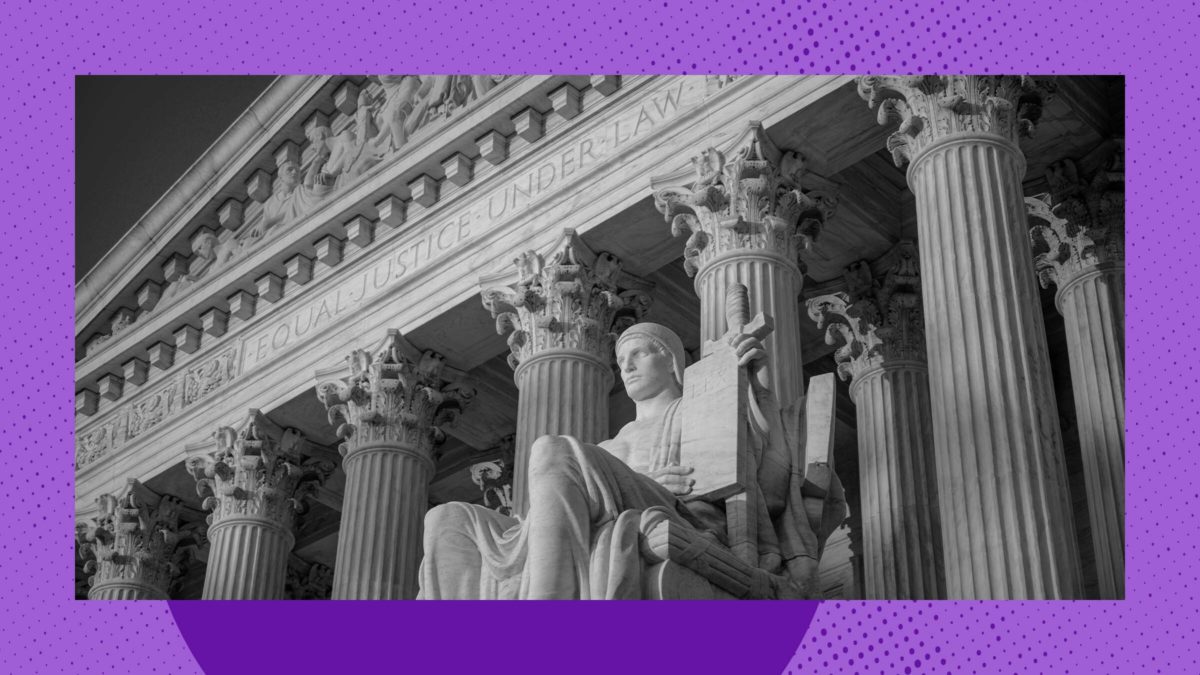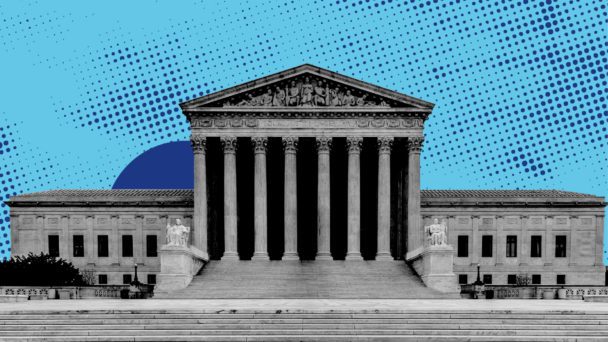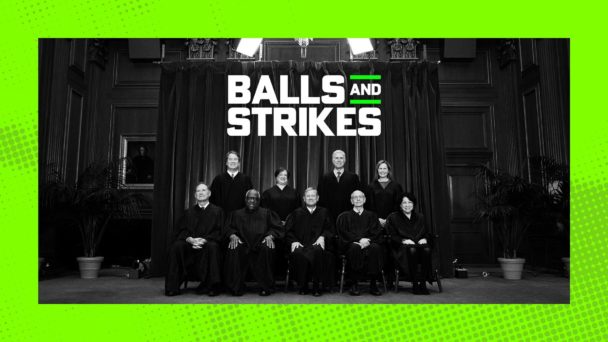About a decade ago, Damian Stinnie became one of hundreds of thousands of Virginia drivers punished by the state for his poverty. After Damian received several traffic citations, he was given 30 days to pay about $1,000 in fines and fees—at least three weeks’ pay at his minimum wage job at Abercrombie & Fitch. When he failed to meet the deadline, the state automatically suspended his license without so much as a hearing on his ability to pay. Damian, who had been diagnosed with lymphoma and was undergoing chemotherapy around this time, was trapped: He wouldn’t be able to pay off the fines and reinstate his driver’s license without a steady job, and he wouldn’t be able to hold down a steady job without a driver’s license.
In 2016, the Legal Aid Justice Center, a Virginia-based nonprofit, filed a class action lawsuit on behalf of people like Damian, whose licenses were suspended indefinitely because they didn’t pay court costs and fines that they couldn’t afford. As of 2018, the Fines & Fees Justice Center estimated that about a million people in the state—nearly 1 in 6 drivers—had their license suspended for failure to pay.
By December 2018, LAJC won a preliminary injunction in federal court holding that the debt suspension law was likely unconstitutional. At the same time, LAJC was pushing state lawmakers to repeal the law outright, which they did in July 2020; in a press release, LAJC celebrated this result as the product of “six years of research and individual casework, five years of legislative and administrative advocacy, four years of litigation, a critical preliminary injunction, and a temporary fix through an amendment to Virginia’s budget.” With the state law repealed, the federal district court for the Western District of Virginia dismissed Stinnie’s case as moot.
Now there’s just one outstanding question: Who pays for all that work?
Federal civil rights law enforcement depends on lawsuits by the people whose rights are violated. But people like Damian, who couldn’t afford to pay his traffic tickets, can’t afford to pay for a few years’ worth of legal representation out of pocket. In order to make sure cases like Damian’s don’t go unlitigated, federal law allows people who win civil rights cases to also win attorney’s fees, recognizing that the goodness of a lawyer’s heart doesn’t keep the lights on in the office. The problem now for LAJC—and their ability to take on clients like Damian—is that Virginia is claiming they didn’t technically “win” the case at all.
The federal statute at issue, known as Section 1988, makes attorney’s fees available to the “prevailing party.” Virginia claims that “prevailing party” means the party that wins a final judgment on the merits—meaning, a definitive holding by the court that ends the case. Here, LAJC won a preliminary injunction in a case that then got mooted out, because, again, the legislature repealed the law. So, Virginia says, he can’t get attorney’s fees: a preliminary order finding that a law is probably unconstitutional is not the same as a finding that a law is actually unconstitutional, and a legislature repealing a law isn’t the same as a court order striking the same law down. Even though LAJC got Damian and the other plaintiffs everything they wanted, Virginia says they shouldn’t be paid for the hundreds of hours of work they did.
This argument didn’t work before the U.S. Court of Appeals for the Fourth Circuit, which rejected it 7-4 and sent the case back to the district court. But Virginia is trying it again before the Supreme Court: On October 8, the justices will hear oral argument in Lackey v. Stinnie to decide how expensive it should be to bring civil rights cases—which, in this country’s broken justice system, really means whether civil rights cases ever get brought in the first place.
Part of the Fourth Circuit’s reason for siding against Virginia was practical. The court observed with concern that, under Virginia’s theory, the government could just drop a civil rights case whenever it becomes clear they’re going to lose, leaving the plaintiff “holding the bag” for their legal bills. Judge Pamela Harris, an Obama appointee, explained for the majority how this would undercut the whole point of the statute: “The predictable outcome of this gamesmanship is fewer attorneys willing to represent civil rights plaintiffs in even clearly meritorious actions—particularly those whose urgent situations call for interim relief,” she wrote.
Many local governments contest this analysis. In an amicus brief, an association of cities and counties argue that ruling against Virginia here “would strongly discourage public bodies from repealing or altering challenged policies out of fear of automatically exposing themselves to an award of attorney’s fees.” In other words, if a court issued a preliminary injunction that deemed a law likely unconstitutional, governments would have a perverse incentive to defend it to the bitter end in order to avoid paying up. Several states also filed an amicus brief supporting Virginia, citing instances of plaintiffs who won preliminary injunctions—and six-figure attorney’s fees awards—but went on to lose on the merits. The gripe here is that states could end up paying “prevailing parties” who do not, in fact, prevail in the end, penalizing conduct that courts ultimately determine to be legal.
Attorney’s fees don’t exist just to punish government officials for violating civil rights. They enable and encourage people who can’t afford to pay hundreds of dollars per hour to try to vindicate their rights. Without the prospect of attorney’s fees, people like Damian wouldn’t be able to get anyone to take their case. The Court’s decision in Lackey v. Stinnie will thus help determine just how much access to justice is a luxury afforded only to the rich.



